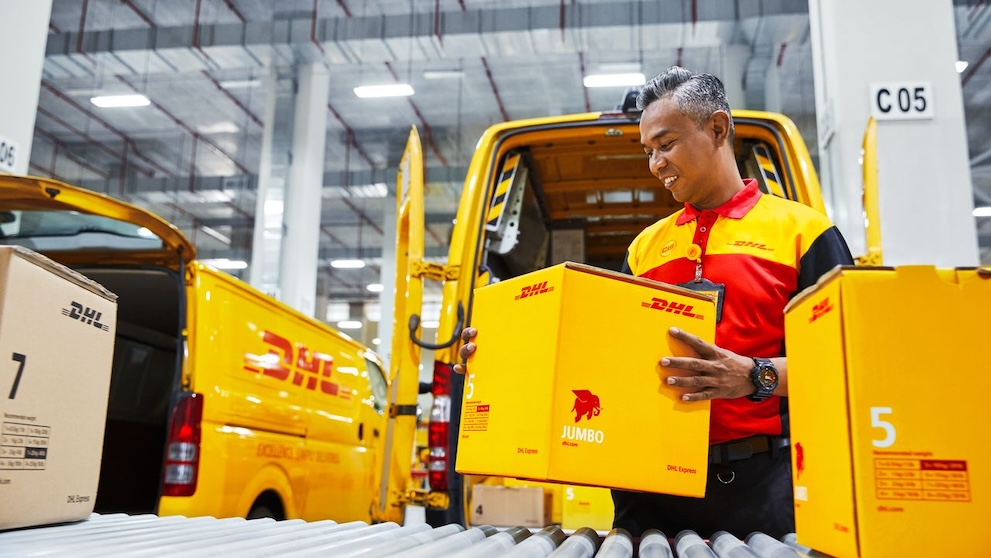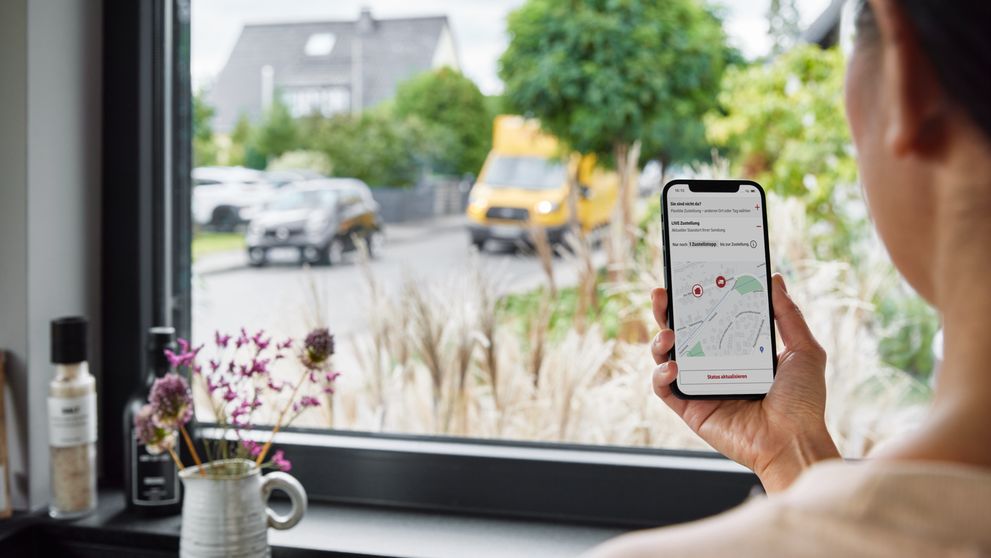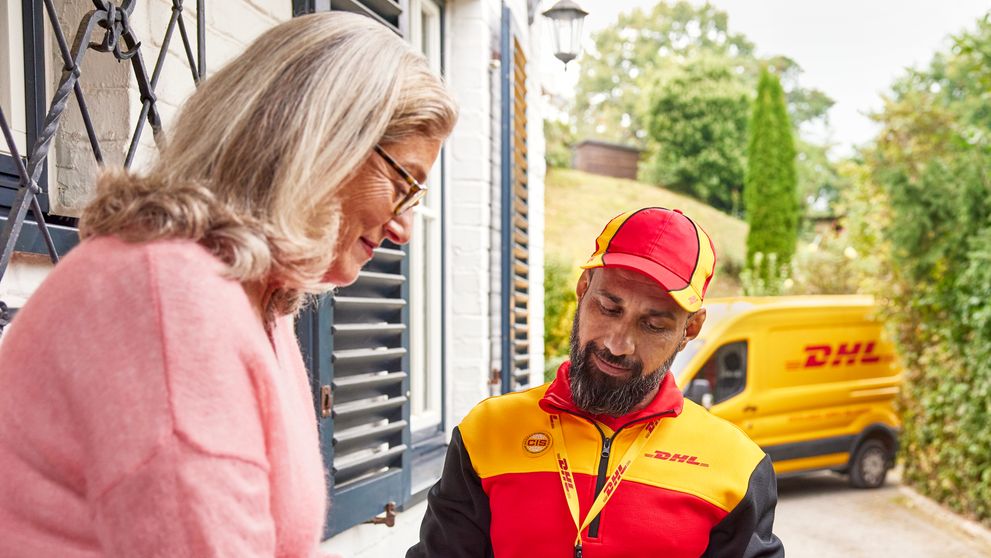In an ambitious move to promote the use of electric vehicles (EVs) and strengthen the automotive sector, Indonesia has revamped its EV import policies. This strategic move is poised to dramatically alter the automotive industry's landscape within the country, offering new operational paradigms for businesses. This blog aims to delve into the nuances of these updated policies, examining their effects on the supply chain and local enterprises and illustrating how collaboration with experienced logistics partners can facilitate a smooth transition to these new regulatory frameworks.
Detailed overview of new EV import policies
Indonesia's pivot towards electric vehicles is highlighted by the introduction of new tax rules aimed at stimulating the EV market. Notably, these incentives include the removal of luxury tax on EVs for 2024, exemption from import tax for EVs until the end of 2025, and a significant reduction of value-added tax (VAT) for EV buyers to 1% from 11% for 2024. This extension of a tax break, which expired at the end of 2023, reflects Indonesia's commitment to fostering a conducive environment for EV adoption and industry growth.
For automakers, specific incentives have been outlined to encourage the import and assembly of EVs in Indonesia. These incentives feature import duty exemptions for completely built-up (CBU) four-wheeler EVs and completely knocked-down (CKD) four-wheeler EVs with local component requirements below 40%, applicable until 2025. Additionally, certain CBU four-wheeled EVs are eligible for luxury sales tax exemption and import duty exemptions, while CKD four-wheeled EVs constructed with 20-40% local components can also enjoy luxury sales tax exemption.
These policies are designed to make EV imports more feasible and affordable, ultimately attracting investors to the electric vehicle sector in Indonesia. By enhancing the appeal of investing in EV production and infrastructure, Indonesia aims to accelerate the availability of electric vehicles and supporting infrastructure, marking a significant step towards its vision of becoming a hub for EV production and use.
Impact on supply chain and local businesses
The easing of import restrictions on CBUs and CKD units under Indonesia's new EV import policies significantly impacts the automotive supply chain and local businesses within the country. This change not only opens up new opportunities for growth but also presents several challenges that local manufacturers, dealers, and the entire automotive ecosystem must navigate.
For local manufacturers, especially those engaged in electric vehicle battery production and assembly, the new policies could spur increased demand for EVs, potentially expanding market share and fostering innovation. The focus on developing Indonesia into a hub for EV production, leveraging its vast nickel reserves crucial for EV batteries, emphasises the importance of these sectors. The push for local component production, aiming to reach a local content requirement of 40% by 2027, also presents opportunities for domestic manufacturers to integrate more deeply into the EV supply chain.
However, the introduction of these policies necessitates a reassessment of supply chain strategies by local businesses. The increased feasibility and affordability of importing CBUs and CKDs may introduce heightened competition, prompting local dealers and manufacturers to enhance their value proposition. Moreover, the ambition to produce 600,000 EVs domestically by 2030 and the government's incentives for companies providing public EV charging stations indicate a shifting landscape that businesses must adapt to.
The potential challenges include adapting to a fast-evolving market with new consumer preferences towards electric vehicles in Indonesia and aligning with the national goal of bolstering EV adoption. Local businesses may need to diversify their supplier base to mitigate risks associated with supply chain disruptions and leverage international shipping services to enhance operational efficiency and competitiveness.
Ultimately, while the policy changes are designed to stimulate the EV market and attract investment, they also necessitate a strategic pivot for local businesses within Indonesia's automotive sector. By embracing these changes, local manufacturers and dealers can seize the opportunities presented by the growing emphasis on sustainability and the global shift towards electric vehicles.





